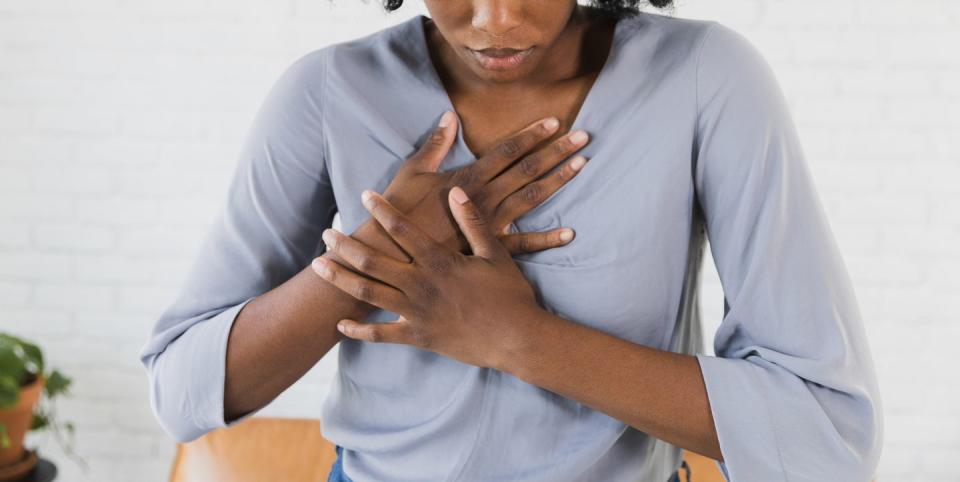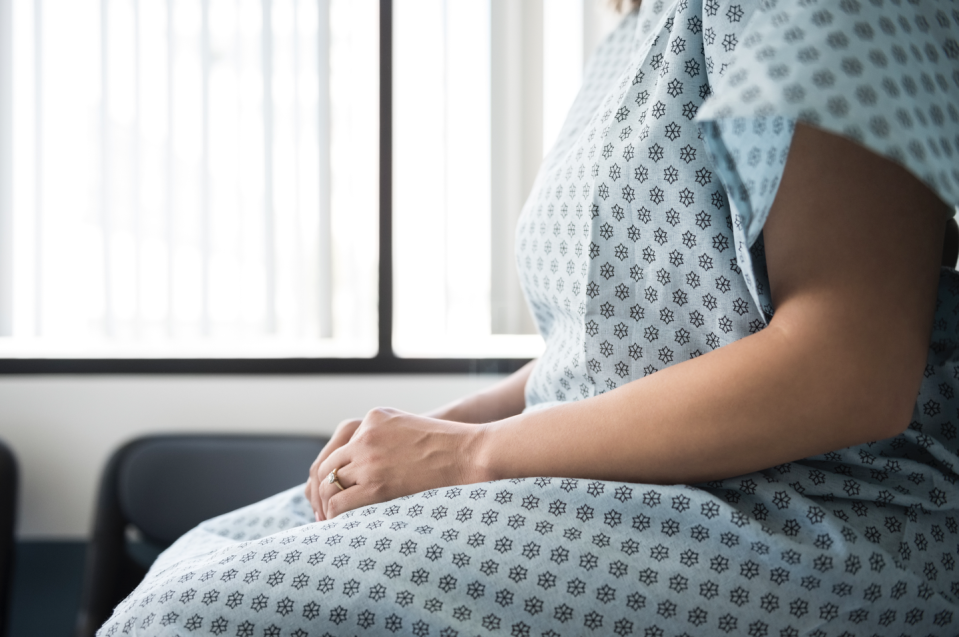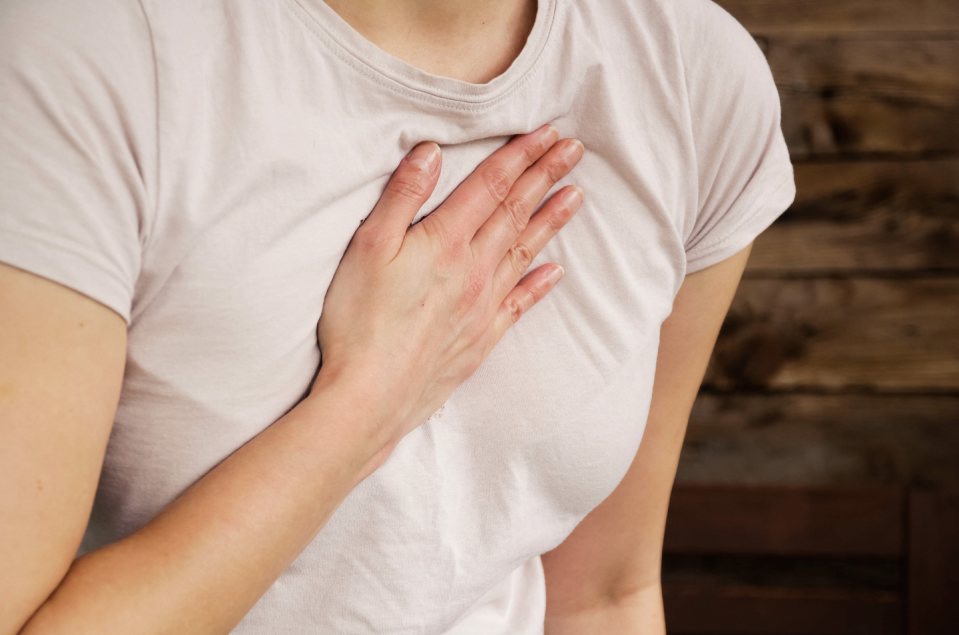Medical sexism is stopping women receiving treatment for heart attacks

New research has shown that women are less likely to be administered life-saving treatment for heart attacks.
The University of Leeds has partnered with the British Heart Foundation for a review, which has collected previous NHS research looking at common heart conditions over the past twenty years.
The study was set to observe how care differed according to age and sex, and uncovered that women were far less likely to be treated for conditions such as heart attack and heart failure.

More disturbingly, women were a third less likely to receive life-saving treatment following the most severe type of heart attack. They were less likely to be prescribed preventative drugs that can help to protect against future heart attacks, such as statins or beta-blockers. Women were also significantly more likely to die after being admitted to hospital with a severe heart attack.
Coronary heart disease is thought to be the single biggest killer of women worldwide, according to statistics from the British Heart Foundation. Each year, 3o,000 women are admitted to hospital after suffering a heart attack. However, heart disease, heart attacks and heart failure are still widely thought to be a 'men's problem'.
The discrepancy between treatment has been put down to medical sexism, with doctors expecting patients to be suffering from heart conditions to be overweight, middle-aged men.
It results in women presenting with these symptoms being dismissed as having indigestion, muscle pain or ‘a funny turn’.
“This review adds to existing evidence showing that the odds are stacked against women when it comes to their heart care," says Dr Sonya Babu-Narayan, associate medical director at the British Heart Foundation.
“Deep-rooted inequalities mean women are underdiagnosed, undertreated, and underserved by today’s healthcare system.
“The underrepresentation of women in research could jeopardise the effectiveness of new tests and treatment, posing a threat to women’s health in the long-term.”

Professor Chris Gale, the study’s lead author, added: “We need urgent action to revive heart care. The NHS is full of fantastic people who make truly monumental efforts every day to do the very best for their patients.
“Despite this, the NHS is creaking at the seams, and we see this played out in cardiovascular care and outcomes. Past efforts to transform heart care and drive down waiting lists were hugely successful, and we must build on the lessons from these to move forward.”
What are the signs of a heart attack in women?
As per advice shared by the British Heart Foundation, common signs of a heart attack include:
Chest pain or discomfort in your chest that suddenly occurs and doesn't go away. It may feel like pressure, tightness or squeezing
The pain may spread to your left or right arm or may spread to your neck, jaw, back or stomach
You may also feel sick, sweaty, light-headed or short of breath.
Other less common symptoms include:
A sudden feeling of anxiety that can feel similar to a panic attack
Excessive coughing or wheezing
If you believe that you, or another person, is having a heart attack, call 999 immediately.
You Might Also Like

 Yahoo Sport
Yahoo Sport 





































